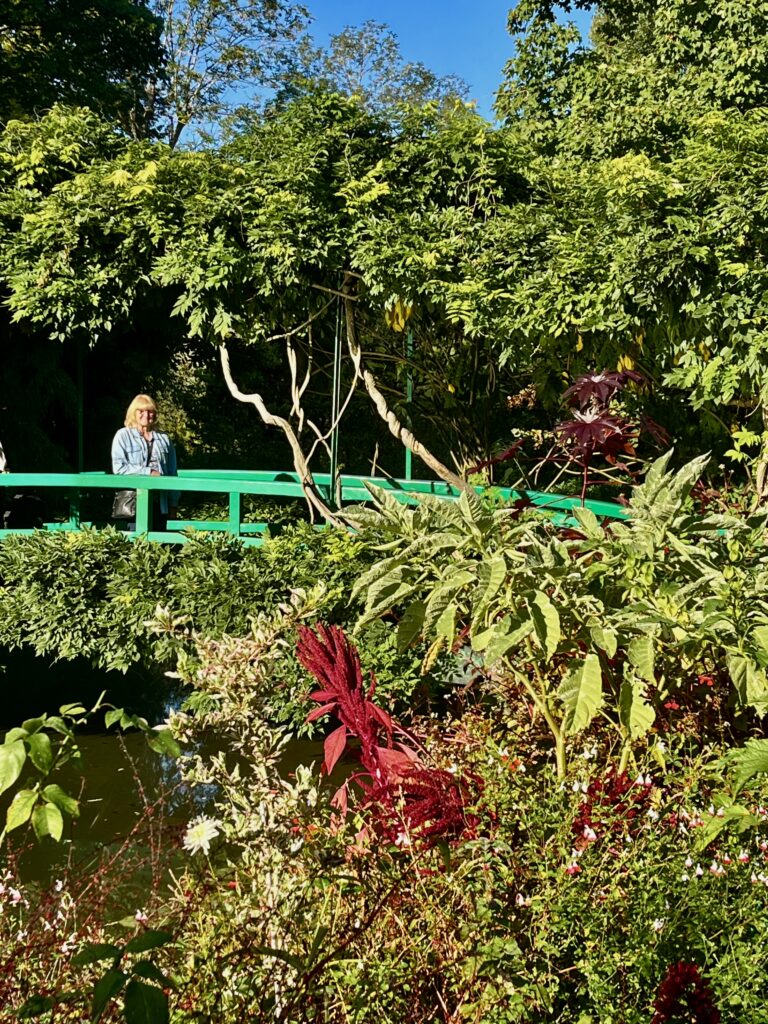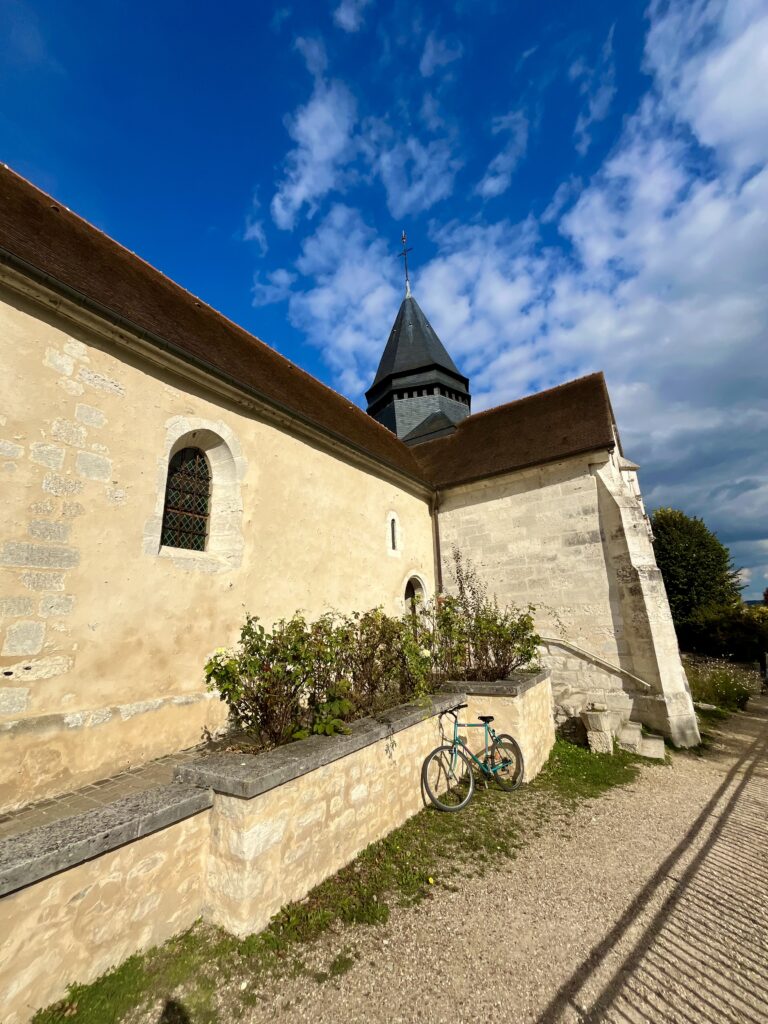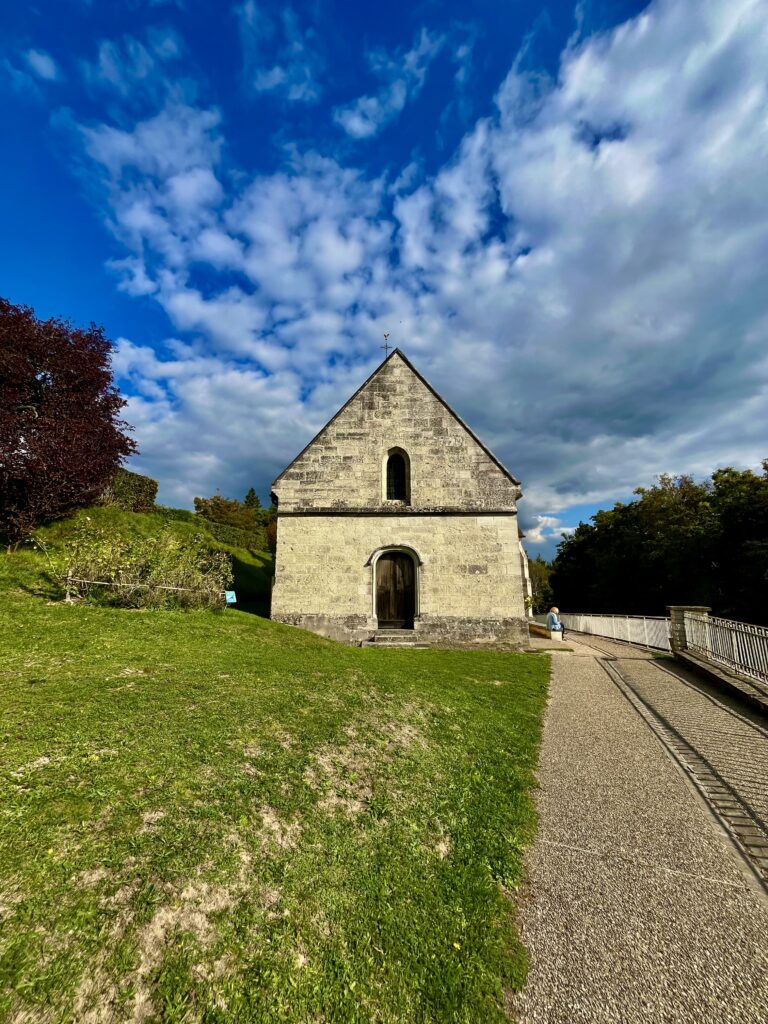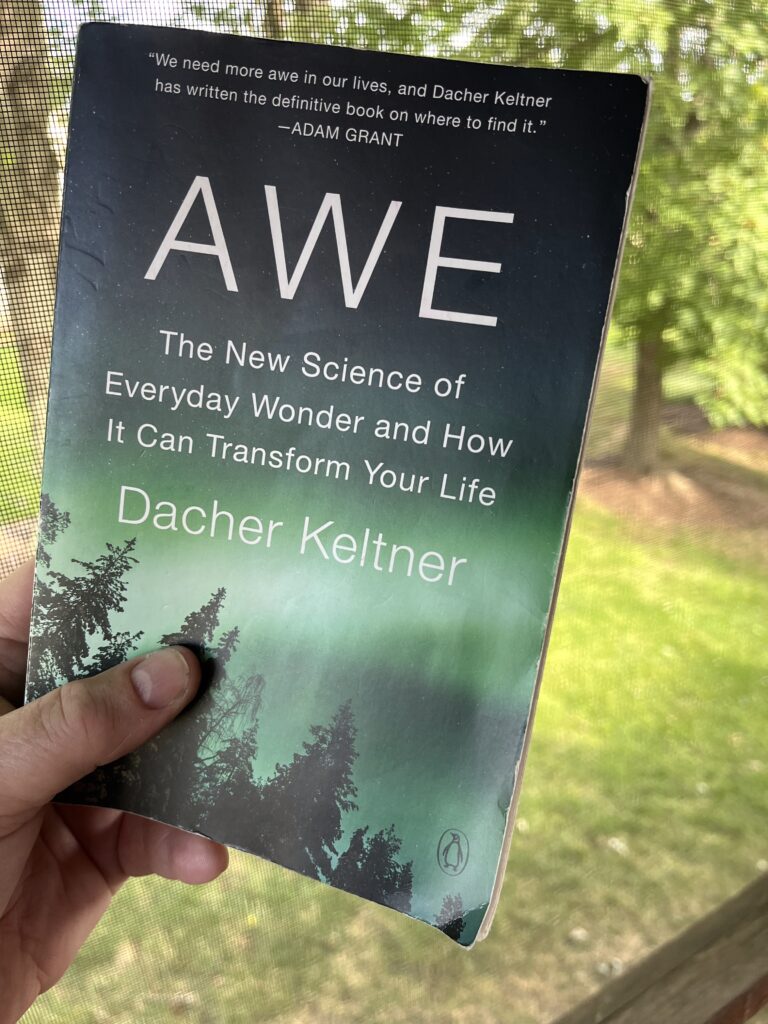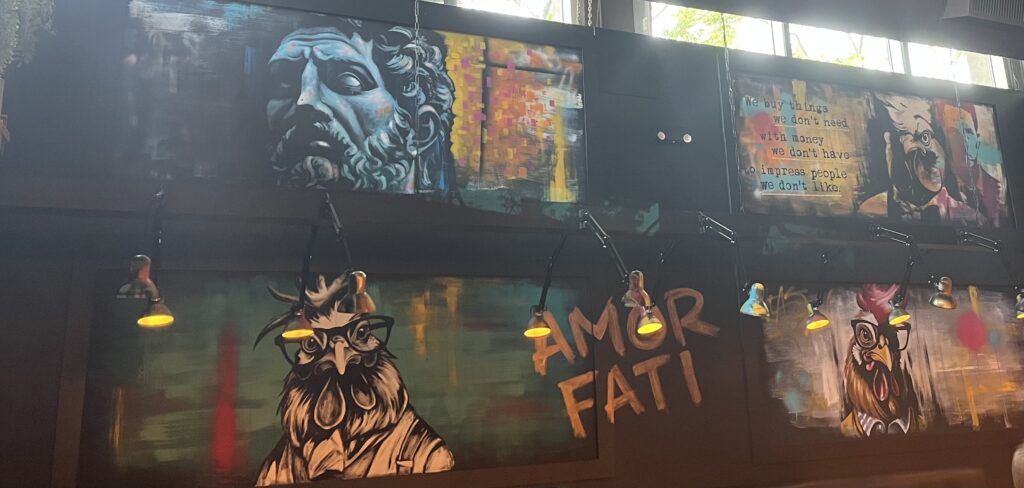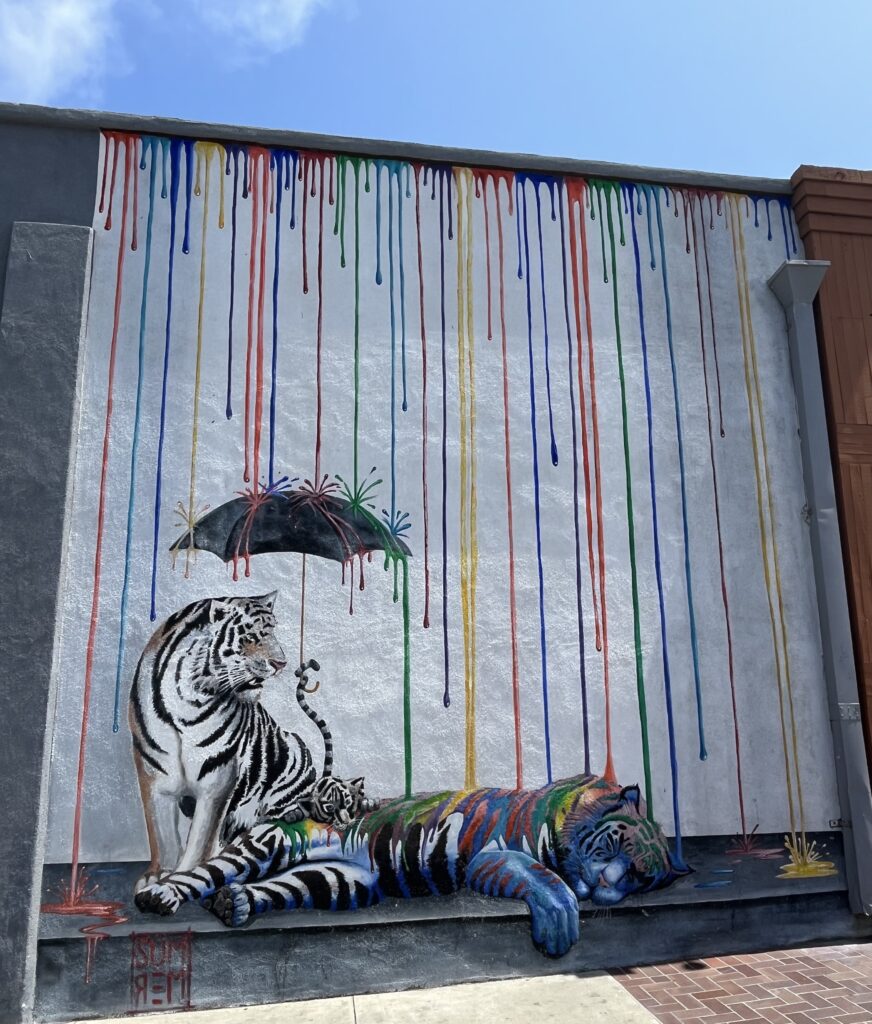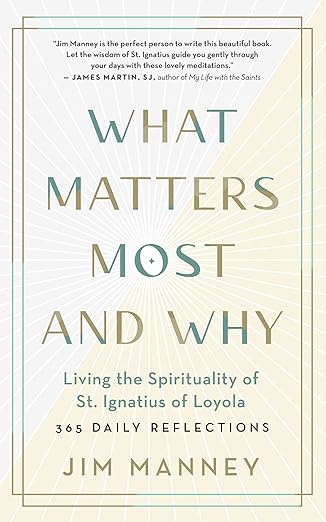
To prevent any “spoilers,” I’ll just say I was doing an unnamed online word puzzle this morning. I quickly figured out it was asking me for words that you might normally hear while going around the Thanksgiving table and asking everyone to name those things for which they were most grateful. Let’s just say there were no surprises.
[If you haven’t done all your daily online word puzzles yet, you might want to stop reading now and come back later…]
These generic answers were all well and good as far as this annual exercise in gratitude goes, of course. The answers were all important “things” for which to be grateful. But, as I was taught a long time ago by one of my writing teachers, never use the word “thing” when you can be more specific. There’s more power and meaning in the details and in giving the “things” in our lives names.
So, as you go around the table today, I challenge you to outlaw the word “thing” and other generic words like family, life, home, friends, health, work, community, and food. Make them think harder and go deeper. Ask them for the details, for that’s where real meaning is. God, after all, is in the details of our lives. God is the giver of “life,” of course, but also the giver of specific moments, people, places and memories. Maybe ask these questions and require a “why” follow-up:
- What was your favorite family moment this year?
- When did you feel most alive?
- Who are your three best friends right now?
- What have you done this year to improve your health?
- When did you feel most challenged by work or study?
- When did you feel most a part of your community, neighborhood, church or school?
- What’s the best meal you had this year? What’s your favorite food?
The stories we tell around the Thanksgiving table matter. They matter for the kids who are creating the memories they will carry forward to their own futures and families. They matter for the old folks who are searching for meaning and joy in their elder years. The things for which we are most grateful (and the details that describe them) speak most clearly of what we treasure.
And remember: “For wherever your treasure is, there will you find your heart.” (Matthew 6:21)
